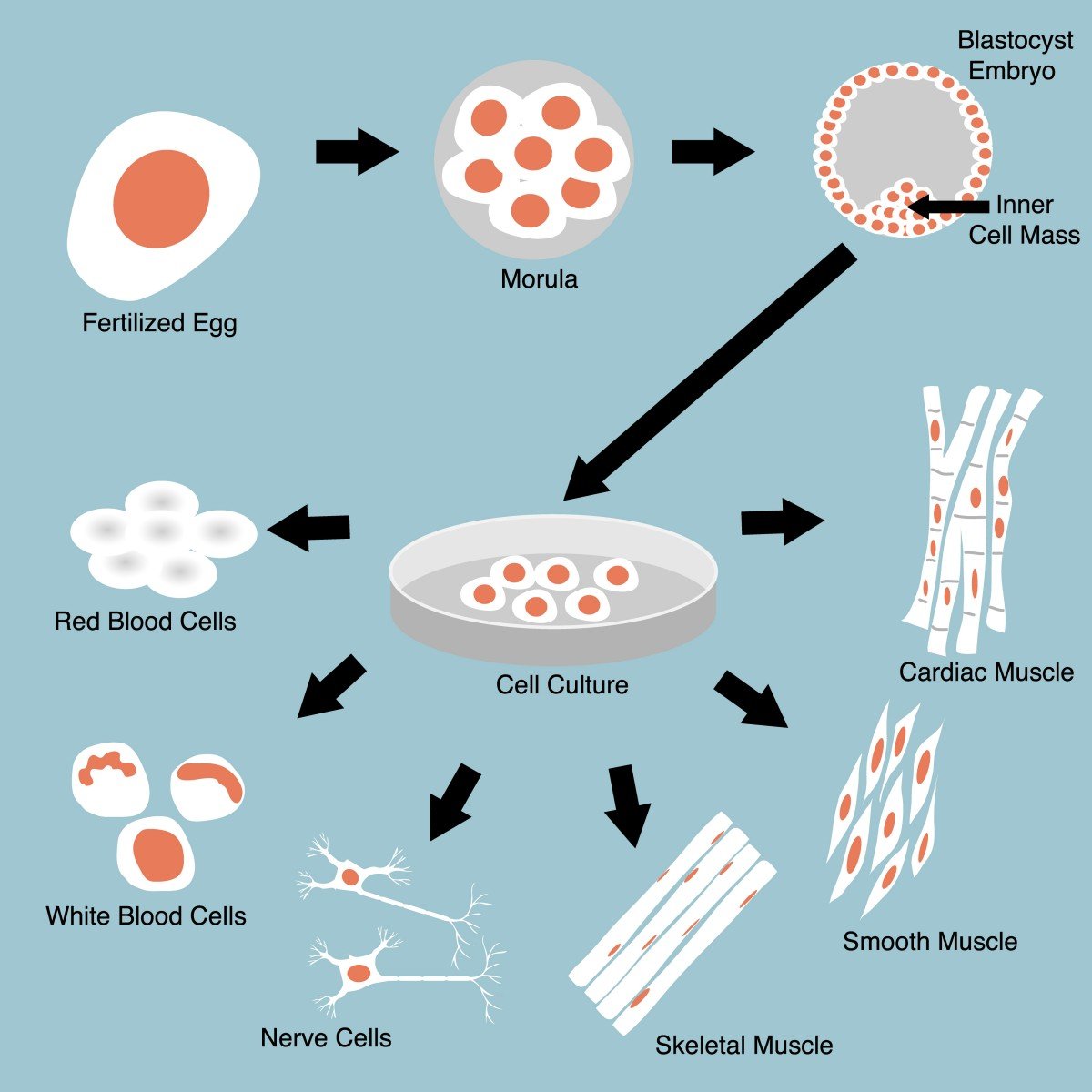Scientists Accelerate Stem Cells’ Production of Brain Cells to Just Days, Study Reports
Written by |

British scientists have accelerated from weeks to days the process by which stem cells generate brain cells, which could open the door to new treatment approaches for diseases such as multiple sclerosis.
Researchers at the Wellcome Trust Sanger Institute and colleagues at the University of Cambridge developed the new technique, called OPTi-OX, which speeds up stem cells’ production of muscle cells as well.
The study, “Inducible and Deterministic Forward Programming of Human Pluripotent Stem Cells into Neurons, Skeletal Myocytes, and Oligodendrocytes,” was published in the journal Stem Cell Reports.
Human pluripotent stem cells are a special group of cells due to their ability to form any type of cell in the human body. This means they carry great promise not only for investigating the mechanisms of disease but also as potential therapies.
During human development, it takes nine to 12 months for a single brain cell to develop. Scientists have shortened the period to between three and 20 weeks, but that time frame still made the process of generating brain cells from pluripotent stem cells inefficient.
The British scientists used OPTi-OX to generate, in a matter of days, such differentiated cells as neurons, muscles and oligodendrocytes, or nervous system cells that create the myelin sheath protecting neurons. OPTi-OX stands for OPTimised inducible OvereXpression.
To make the three cell types from stem cells, they reprogrammed stem cells’ DNA to alter a limited number of genes. This led to the creation of a large and almost pure population of cells, all sharing an identity — that is, all being nerve or muscle cells.
OPTi-OX has the potential to generate other cell types in a short period, the researchers added.
“What is really exciting is we only needed to change a few ingredients — transcription factors — to produce the exact cells we wanted in less than a week,” Ludovic Vallier of the Wellcome Trust Sanger Institute, the author of the study, said in a press release, “We over-expressed factors that make stem cells directly convert into the desired cells, thereby bypassing development and shortening the process to just a few days.”
“When we receive a wealth of new information on the discovery of new cells from large scale projects, like the Human Cell Atlas, it means we’ll be able to apply this method to produce any cell type in the body, but in a dish,” said Daniel Ortmann, the study’s co-first author, from the University of Cambridge.
The Human Cell Atlas is a project whose goal is to create comprehensive reference maps of all human cells.
“Neurons produced in this study are already being used to understand brain development and function,” said Mark Kotter, a University of Cambridge professor who is the lead author of the study. “This method opens the doors to producing all sorts of hard-to-access cells and tissues so we can better our understanding of diseases and the response of these tissues to newly developed therapeutics.”


